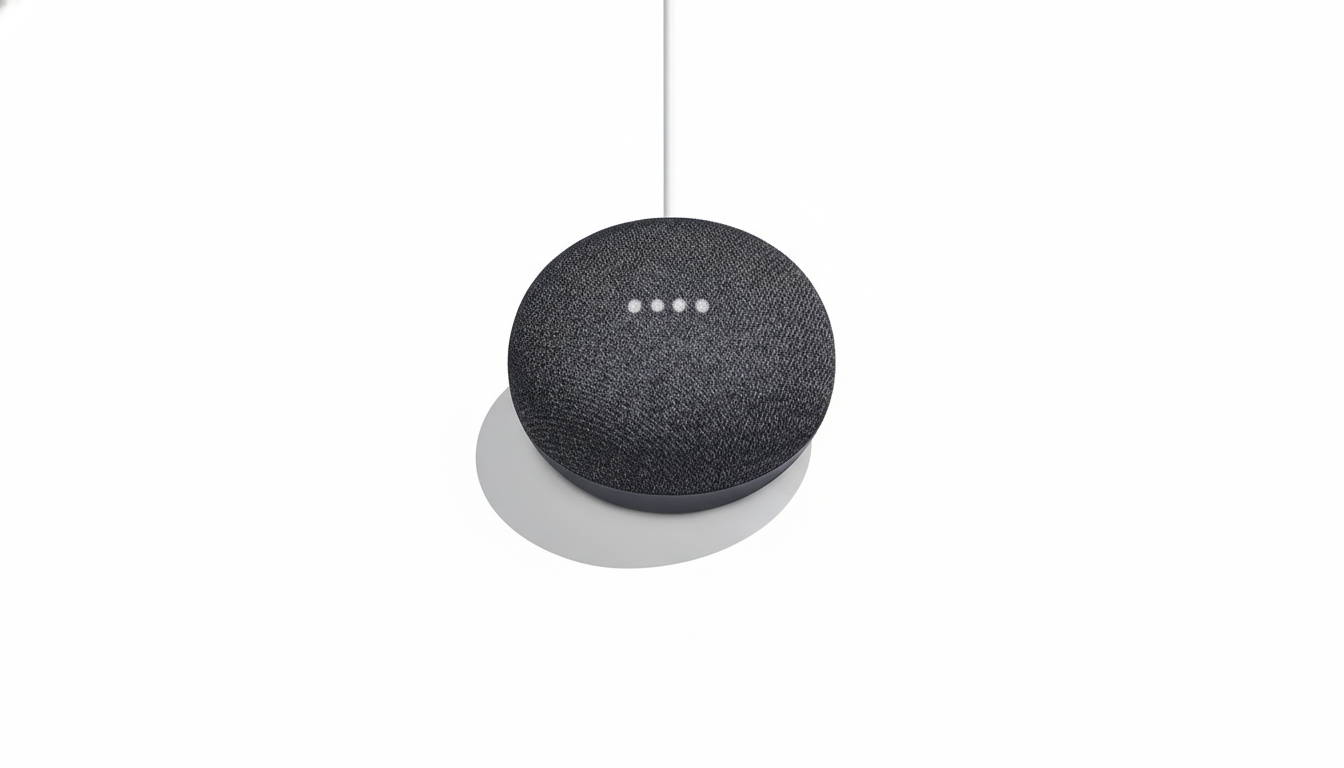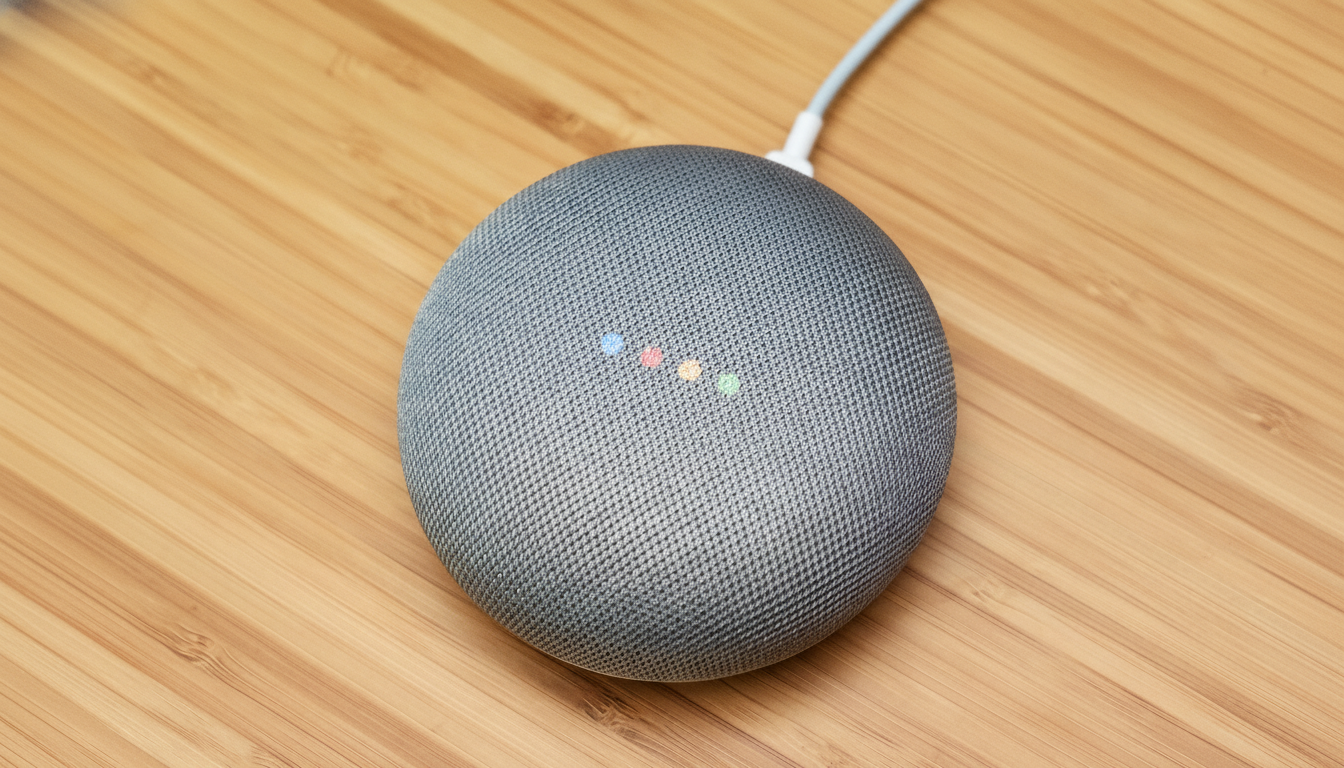Google, at long last, is expanding Gemini, the company’s AI assistant that incorporates memory, to its Google Home environment and making it available to users who opt in to Early Access. The big question for homes stocked with older speakers and smart displays is straightforward: will your device get it? Those come with the more basic Gemini Live experience, with a smaller subset of models having access to other Gemini Live features.
All The Google Home Speakers Getting Gemini
Google says access to the regular Gemini, and presumably regularly delivered news content from Google via Assistant more broadly, is coming to any speaker in the Home or Nest lineup going back to that first model from 2016. That applies to Google Home, 1st gen Google Home Mini, Nest Mini (2nd gen), Nest Audio, and Google Home Max. Look for familiar voice commands and hands-free assistance to be powered by Gemini with replies that are more conversational and contextually aware than the old Assistant.
- All The Google Home Speakers Getting Gemini
- All the Google Nest and Home smart displays supported
- Which Google Home speakers and displays get Gemini Live
- How to enable Gemini on your Google Home devices now
- What will change for users when Gemini rolls out widely
- Why this rollout matters for Google Home users

- Google Home (2016)
- Google Home Mini (1st gen)
- Nest Mini (2nd gen)
- Nest Audio
- Google Home Max
All the Google Nest and Home smart displays supported
Gemini is also rolling out to all first-party Google smart displays. Compatible devices are Nest Hub 1st gen (launched as Google Home Hub), Nest Hub 2nd gen, and Nest Hub Max. On screen, Gemini can introduce more interactive answers, contextual cards, and visual controls that can accompany voice — it’s where the new model’s summarization and reasoning find some daylight.
- Nest Hub (1st gen, launched as Google Home Hub)
- Nest Hub (2nd gen)
- Nest Hub Max
Which Google Home speakers and displays get Gemini Live
Gemini Live, the always-on conversation mode that allows you to dictate without repeating a wake phrase, will not be available on older hardware. At the time of launch, it’s only available on Nest Hub Max, Nest Hub (2nd gen), and Nest Audio. Older devices get Gemini for regular inquiries and smart home control, but they won’t include Live’s back-and-forth, no-hotword experience.
For normal Gemini access, the paid plan doesn’t apply, and you don’t need to pay extra for this feature.
Unlike usual Gemini access, Gemini Live is available only as part of a new Google Home Premium plan. That lines up with the direction in which the industry is heading: AI features with higher touch are increasingly a part of premium tiers, much like how Google and Facebook rivals already have trials underway for more capable paid versions of their assistants.

How to enable Gemini on your Google Home devices now
Early Access is launching in the US first. To turn it on, go to the Google Home app and then head to Settings, look for either Early Access or Labs, and enable Gemini on eligible speakers and displays. Ensure your devices are running the latest firmware and that you have the most recent Google Home app installed; after granting access, Gemini will present as a default assistant. Google will expand availability after it validates performance and user feedback.
- Open the Google Home app on your phone or tablet.
- Go to Settings, then find Early Access or Labs.
- Enable Gemini for eligible speakers and displays.
- Update device firmware and the Google Home app if needed.
What will change for users when Gemini rolls out widely
On the horizon should be quicker follow-ups, responses that are better at carrying over context, and summaries that are more helpful. Use cases might range from setting and managing multiple timers with clear labels to asking for a quick highlight of your day based on Calendar entries or receiving short answers with source information. On screens, Gemini can combine voice with visual cards for things like in-app camera feeds and lighting scenes to cut down on screen taps, just in case you have your hands full.
And performance will continue to depend on device generation. Newer speakers like the Nest Audio and latest Nest Hub handle on-device processing and echo cancellation better than older models, which may lag a step behind. The upside here is breadth — from years of old hardware support, Google is clearly prioritizing continuity and e-waste over forcing an upgrade through the pipeline before it’s ready.
Why this rollout matters for Google Home users
Analysts at companies like Canalys and IDC have long ranked Google No. 2 in terms of global smart speaker shipments, which means tens of millions of devices are sitting in kitchens and living rooms waiting to outgrow their inability to recognize their owners’ voices. Bringing Gemini to practically the entire installed base in one fell swoop instantaneously increases the day-to-day utility of those products, without new kit.
It also indicates where the category is going: into assistants that are both more conversational and better at reasoning, able to do complex tasks — sometimes behind premium tiers. If you’ve become frustrated by the limitations of legacy Assistant, Gemini is a substantial improvement. If you crave totally natural, wake-word-free conversations, cross-reference your model list above and then decide if Gemini Live on a supported device fits into your home.

